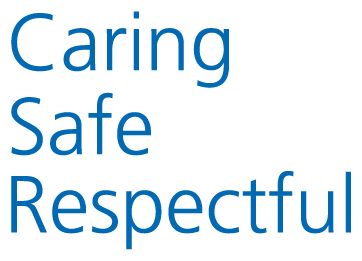Publish date: 7 August 2025
More than 100 people were diagnosed with lung cancer in Lancashire over a 12-month period having participated in the Lung Cancer Screening Programme.
The national initiative, which has been rolled out in various locations across Lancashire since 2020, aims to improve diagnosis at the earliest stages – stages one and two - when the opportunity for curative treatment is hugely increased.
Between April 2024 and March 2025, of the 113 lung cancers detected as part of the programme locally, 94 were stages one and two. This equates to 83 per cent – higher than the national average of 75 per cent.
In Lancashire and South Cumbria, just 28 per cent of people who had lung cancer were diagnosed with early-stage lung cancer in 2023 – by 2025 this has increased to 41 per cent.
This month, the programme has now been extended to the Preston area.
Dr John Howells, clinical director for lung cancer screening in Lancashire and South Cumbria, said: “This programme has been a big success story in Lancashire, and has contributed to an impressive improvement in our overall rate of early diagnosis for patients with lung cancer.
“Lung cancer is the biggest cancer killer across the county, so we are all too aware of how important detecting it in the earliest stages can be. Less than one in 10 people live for more than five years after being diagnosed with stage four lung cancer, however, that increases to more than six in 10 when people are diagnosed at stage one.
“This programme specifically targets people between 55 and 74 who have indicated to their doctor that they have smoked at least 100 cigarettes, or the equivalent over their lifetime.
“Naturally, we want as many people as possible to come forward when they are invited for their screenings, and if you want to ensure that you receive an invitation when screening is rolled out in your area, you can confirm with your GP that they are aware of your smoking history.”
Currently, the programme, carried out by Lancashire and South Cumbria Integrated Care Board and partners such as the Roy Castle Lung Foundation, is active in Preston, Blackburn with Darwen, East Lancashire, Blackpool, and Fylde and Wyre, with plans to roll it out in other parts of Lancashire and South Cumbria over the coming months and years.
Initially, a telephone assessment is carried out by a respiratory nurse using a risk tool to calculate the likelihood of the participant developing cancer over a five-year period. People who are deemed to be high risk are offered a CT scan.
Participants whose scans show something that needs further investigation are referred into the local trust, while those with a clear CT will be invited for follow-up scanning every two years until they are 75.



